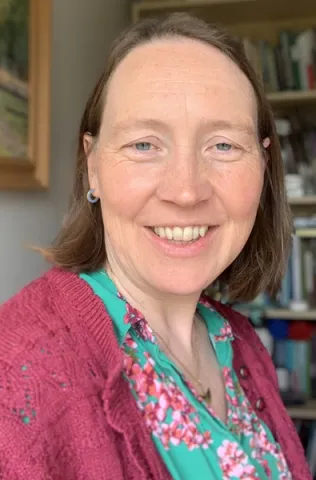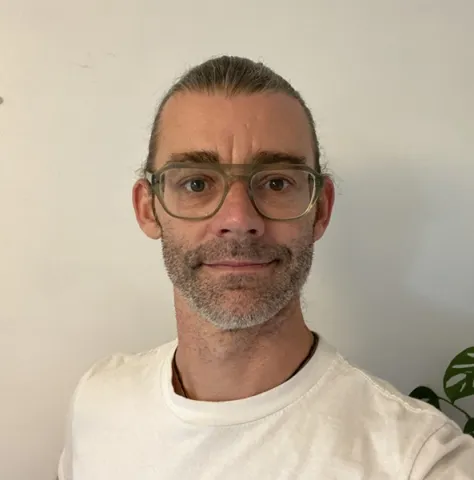Project overview
In the face of environmental challenges on global (climate change) and regional (food, land and water insecurity) scales, the project will strengthen relationships, foster interdisciplinary approaches, adapt participatory and creative methods, and develop shared research agendas with collaborators in Kenya. The activity will focus on co-designed workshops and writing sessions in Nairobi and exploratory fieldwork in Olderkesi. It brings together a methodology developed by UK PI Roe and Co-I Hurley in AHRC Connected Communities work, with the Kenyan team’s work on hydrology, land and agriculture, with stakeholders in community development and conservation.
The project will explore how concepts of 'becoming an ecological citizen' (the methodology developed by PI Roe and Co-I Hurley) and ‘non-elite environmentalism’ (coined by Co-I Richardson) can be adapted as lenses through which agro-food practices can respond to environmental challenges. Intersecting issues of food, water and land security, and of inequality make communities and environments in West Africa particularly vulnerable to climate change, but also present an opportunity for institutional bodies to learn from diverse stakeholder knowledges.
The research activities will be threefold (also see attached timeline):
1. Relationship building with Kenyan team, community groups and regional stakeholders, as well as UNESCO indigenous knowledge groups with whom BRECcIA colleagues are already working, in order to strengthen partnership for future impact and collaborative projects.
2. A week of co-designed workshops, fieldwork and writing in Kenya with Hurley, Kenyan Co-Is and local and regional stakeholders that build capacity for, and evidence feasibility of, a larger AHRC GCRF bid on ‘non-elite environmentalisms’ in late 2019.
The project will explore how concepts of 'becoming an ecological citizen' (the methodology developed by PI Roe and Co-I Hurley) and ‘non-elite environmentalism’ (coined by Co-I Richardson) can be adapted as lenses through which agro-food practices can respond to environmental challenges. Intersecting issues of food, water and land security, and of inequality make communities and environments in West Africa particularly vulnerable to climate change, but also present an opportunity for institutional bodies to learn from diverse stakeholder knowledges.
The research activities will be threefold (also see attached timeline):
1. Relationship building with Kenyan team, community groups and regional stakeholders, as well as UNESCO indigenous knowledge groups with whom BRECcIA colleagues are already working, in order to strengthen partnership for future impact and collaborative projects.
2. A week of co-designed workshops, fieldwork and writing in Kenya with Hurley, Kenyan Co-Is and local and regional stakeholders that build capacity for, and evidence feasibility of, a larger AHRC GCRF bid on ‘non-elite environmentalisms’ in late 2019.

